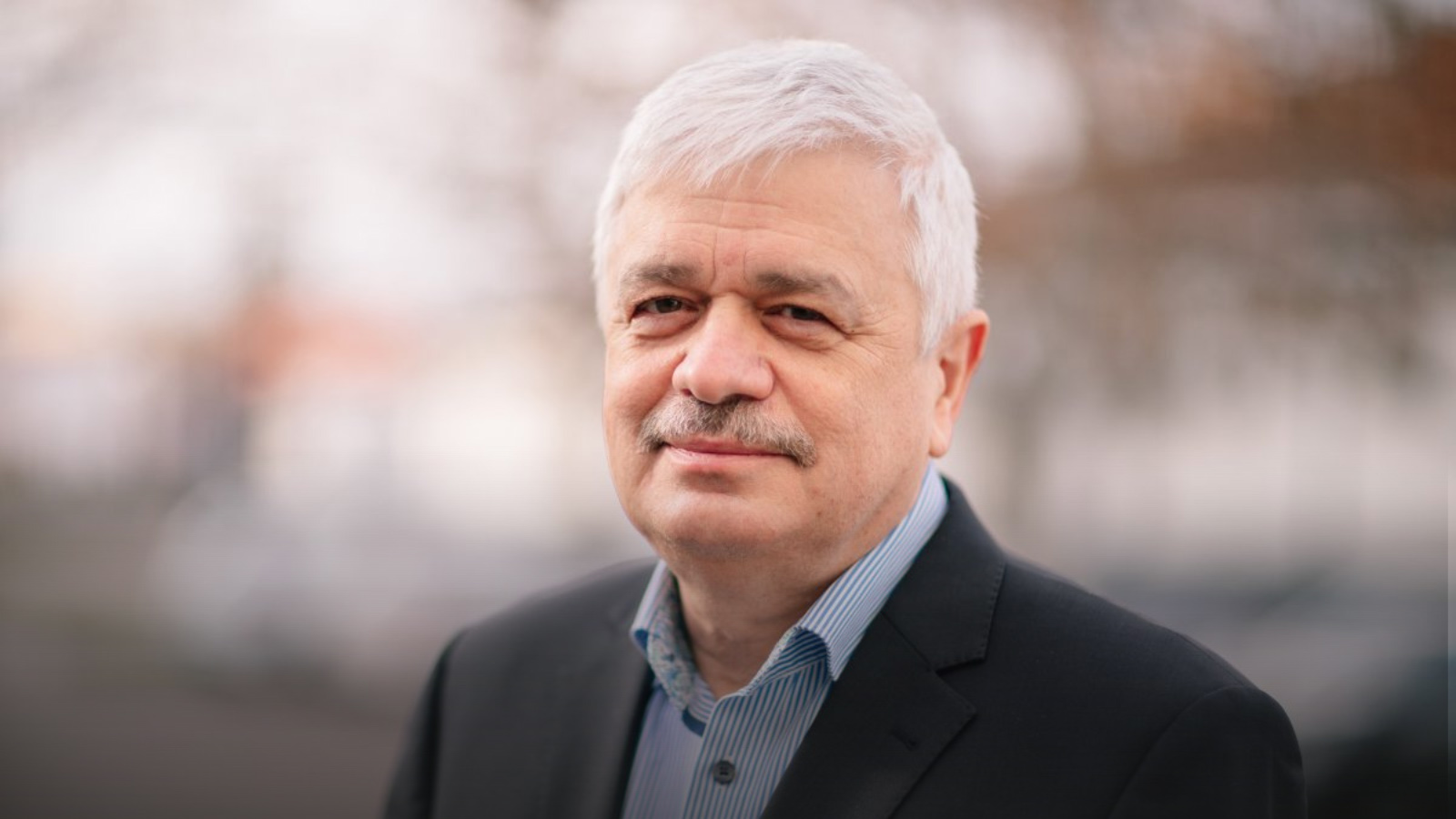At its electoral assembly held on May 10 at the Faculty of Pharmacy of Semmelweis University in Budapest, the Hungarian Society for Pharmaceutical Sciences (HSPS) elected a new president: Professor Lajos Botz from Pécs.
The event took place in the Endre Hőgyes Lecture Hall, where the professional community not only reflected on the achievements of the past term but also elected a new leadership for the upcoming cycle.
During the delegates’ meeting, the president’s and secretary-general’s reports were presented, and the ceremonial presentation of awards conferred by the HSPS also took place. The assembly maintained quorum throughout the session, with 103 delegates casting their votes during the election.
The newly elected president is Professor Lajos Botz, university professor and head of the Institute of Clinical Pharmacy at the Clinical Centre of the University of Pécs, and former dean of the Faculty of Pharmacy in Pécs.
Members of the newly elected leadership:
- Prof. Lajos Botz – President
- Prof. György János Marosi – Vice President for Science
- Dr. Zakariás El Koulali – Vice President for Organization
- Dr. Tamás Tábi – Secretary-General
- Prof. Ildikó Bácskay – Secretary for Education and Training
- Dr. Erzsébet Radnai-Háznagyné – Treasurer
- Dr. János Gyimesi – Secretary for Events and Public Relations
The new leadership of the HSPS is committed to continuing the Society’s more than 70-year tradition while actively supporting the development of pharmaceutical sciences in Hungary and the strengthening of its international relations.
We conducted an interview with Dr. Lajos Botz in the autumn of 2024 at the conclusion of his term as dean, in which he addressed the challenges of the pharmacy profession and its ongoing renewal—an evolution that necessarily entails a transformation of how future pharmacists are educated.
The interview can be read here: “It’s hard to admit that something is less necessary, but for the sake of progress, it must be done.”
